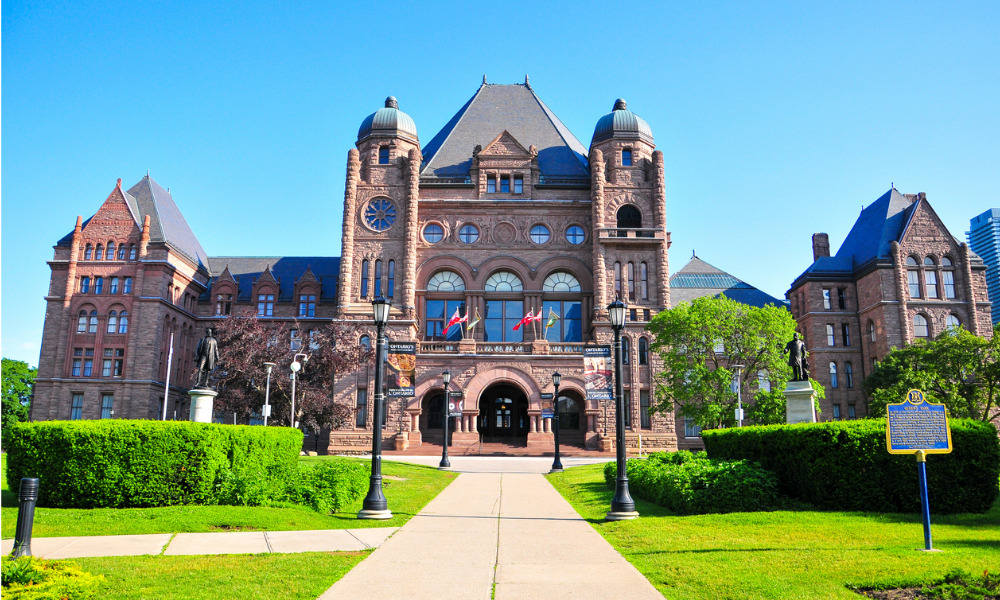
University failed to seek timely financial help from provincial government: auditor general

A recent audit report has revealed that program cuts at Laurentian University “could have been prevented” had it timely sought financial help from the Ontario government.
In Feb. 2021, the university declared insolvency and commenced a court-supervised restructuring proceeding under the Companies’ Creditors Arrangement Act (CCAA). Two months after, it cut 69 programs, including 28 French-language programs, as part of its restructuring.
In Mar. 2022, French Language Services Commissioner Kelly Burke revealed in her report that the university and the ministries of Francophone Affairs and Colleges and Universities neglected their obligations under the French Language Services Act.
On Apr. 13, the Office of the Auditor General of Ontario released a special audit report entitled “Preliminary Perspective on Laurentian University.” The audit report was released under a request made by the Standing Committee on Public Accounts to the auditor general in Apr. 2021 to conduct an audit of the university’s operations from 2010 to 2020 and determine what led the university to seek creditor protection under the CCAA.
Based on the audit report, the auditor general found that although external factors, such as tuition freezes and the COVID-19 pandemic, impacted the university, the primary cause of its financial deterioration from 2010 to 2020 was “its pursuit of poorly considered capital investments.”
“It proceeded with expansion projects without procedures in place requiring senior administrators to make a reasonable assessment of the value and viability of the plans, or to fully consider the risks associated with a rapid growth in debt,” the auditor general said.
The auditor general also found “poor management” of the university’s financial affairs and operations, exacerbating the situation.
“This poor management was allowed to continue in large part because of weak oversight by Laurentian’s board,” the auditor general said. “It lacked key operational and governance practices and expertise and allowed transparency to decline.”
While the Ministry of Colleges and Universities “did not proactively intervene” to help the university manage its worsening financial condition, the auditor general concluded that it did not have to file for creditor protection under the CCAA.
“As Laurentian’s financial situation grew increasingly dire, the university did not follow the normal broader public sector precedent by making comprehensive and clear efforts to seek financial assistance from the ministry,” the auditor general said.
According to the auditor general, while the university mentioned potential creditor protection under the CCAA, it failed to submit complete financial information or a comprehensive business case to the ministry. Instead, it sought support for financial assistance directly from elected officials and their staff, rather than working with the deputy minister, the assistant deputy minister, and their staff.
“An explicit request for funding to the ministry was not made until December 2020, at which point the ask was significant and the timeline for intervention was short,” the auditor general said.
The auditor general noted that had the university sought to work with the ministry and accepted the temporary funding assistance that the province offered, it “would have had sufficient time for its financial situation to be reviewed jointly with the province and a go-forward plan put in place.”
“By declining government assistance and opting to file under the federal Companies’ Creditors Arrangement Act, the university became the first public university in Canada to seek to restructure its operations using a legal process designed as a last resort for private sector entities,” the auditor general said.